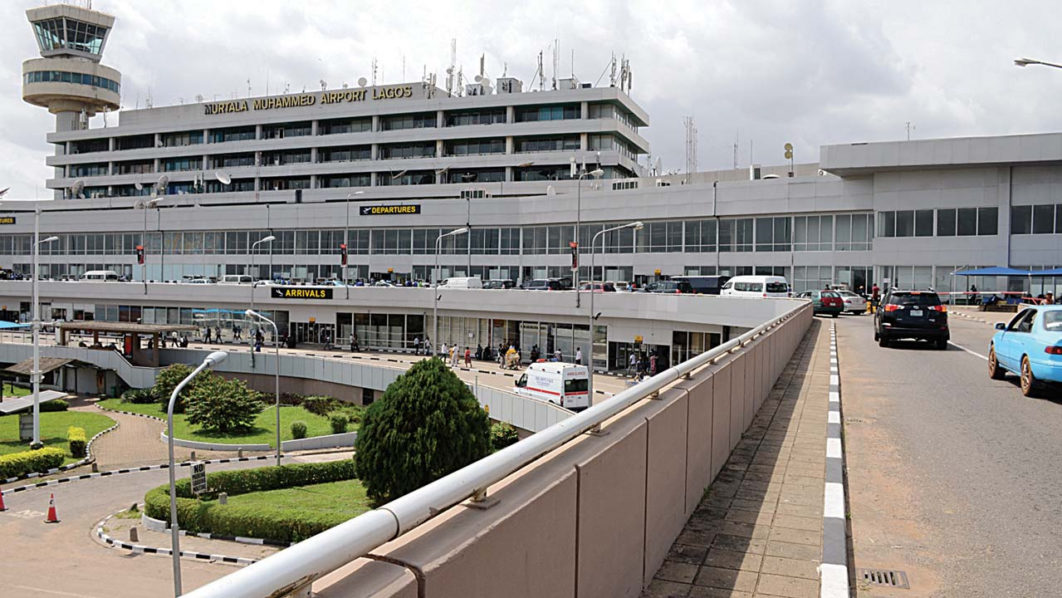About a month after international flight operations resumed in Nigeria and other countries, air traffic is not showing signs of recovery, suggesting global traveller apathy and adverse impact of border restrictions.
In the African region, for instance, African airlines’ traffic sank 90.1 per cent in the last one month, though slightly improved over a 94.6 per cent decline in July.
Capacity contracted 78.4 per cent, and load factor fell 41.0 percentage points to 34.6 per cent, which was the lowest among regions.In a similar vein, the International Air Transport Association (IATA), has downgraded its traffic forecast for 2020 to reflect a weaker-than-expected recovery, as evidenced by a dismal end to the summer travel season in the Northern Hemisphere. IATA now expects full-year 2020 traffic to be down 66 per cent compared to 2019. The previous estimate was for a 63 per cent decline.
Across the regions, August passenger demand continued to be hugely depressed against normal levels, with revenue passenger kilometres (RPKs) down 75.3 per cent compared to August 2019. This was only slightly improved compared to the 79.5 per cent annual contraction in July.
Domestic markets continued to outperform international markets in terms of recovery, although most remained substantially down since a year ago. August capacity (available seat kilometres or ASKs) was down 63.8 per cent compared to a year ago, and load factor plunged 27.2 points to an all-time low for August of 58.5 per cent.
Based on flight data, the recovery in air passenger services was brought to a halt in mid-August by a return of government restrictions in the face of new COVID-19 outbreaks in a number of key markets.
Forward bookings for air travel in the fourth quarter show that the recovery since the April low point would continue to falter. Whereas the decline in year-on-year growth of global RPKs was expected to have moderated to -55 per cent by December, a much slower improvement is now expected with the month of December forecast to be down 68 per cent on a year ago.
IATA’s Director-General and Chief Executive Officer (CEO), Alexandre de Juniac, said August’s disastrous traffic performance put a cap on the industry’s worst-ever summer season.
“International demand recovery is virtually non-existent and domestic markets in Australia and Japan actually regressed in the face of new outbreaks and travel restrictions. A few months ago, we thought that a full-year fall in demand of -63 per cent compared to 2019 was as bad as it could get. With the dismal peak summer travel period behind us, we have revised our expectations downward to -66 per cent,” de Juniac said.
August international passenger demand plummeted 88.3 per cent compared to August 2019, mildly improved over the 91.8 per cent decline recorded in July. Capacity sagged 79.5 per cent, and load factor fell 37.0 percentage points to 48.7 per cent.
Asia-Pacific airlines’ August traffic sank 95.9 per cent compared to the year-ago period, barely budged from a 96.2 per cent drop in July, and the steepest contraction among regions. Capacity dived 90.4 per cent and load factor shrank 48.0 percentage points to 34.8 per cent.
European carriers’ August demand plunged 79.9 per cent compared to last year, improved from an 87.0 per cent drop in July, as travel restrictions were lifted in the Schengen Area. However, more recent flight data suggests this trend has reversed amid a return to lockdown and quarantine in some markets. Capacity fell 68.7 per cent and load factor dropped by 32.1 percentage points to 57.1 per cent, which was the highest among regions.
“Traditionally, cash generated during the busy summer season in the Northern Hemisphere provides airlines with a cushion during the lean autumn and winter seasons. This year, airlines have no such protection. Absent additional government relief measures and a reopening of borders, hundreds of thousands of airline jobs will disappear.
“But it is not just airlines and airline jobs at risk. Globally tens of millions of jobs depend on aviation. If borders don’t reopen the livelihoods of these people will be at grave risk. We need an internationally agreed regime of pre-departure COVID-19 testing to give governments the confidence to reopen borders, and passengers the confidence to travel by air again,” de Juniac said.


Leave a Reply